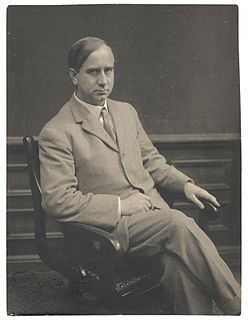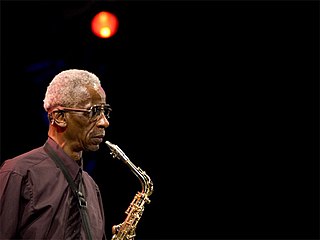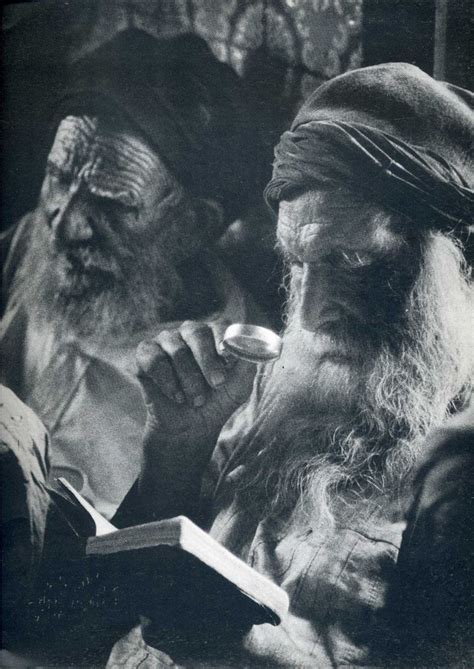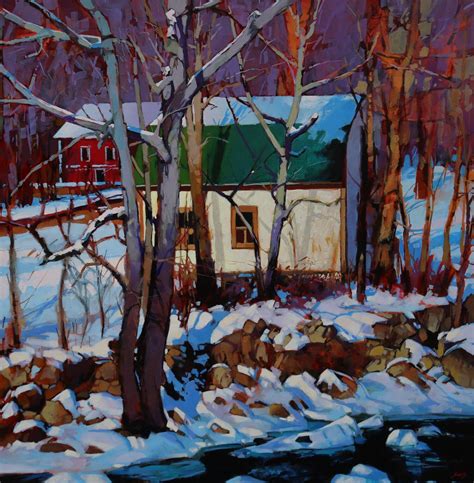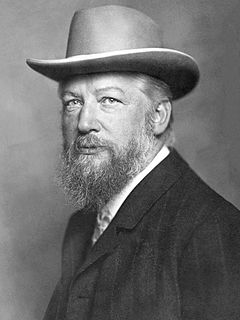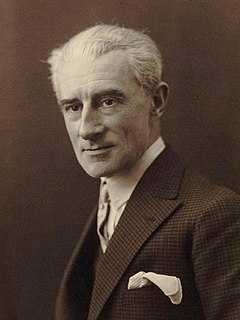A Quote by Robert Henri
Good composition is like a suspension bridge; each line adds strength and takes none away... Making lines run into each other is not composition. There must be motive for the connection. Get the art of controlling the observer – that is composition.
Related Quotes
Composition is a side issue. Its role in my selection of photographs is a negative one at best. By which I mean that the fascination of a photograph is not in its eccentric composition but in what it has to say: its information content. And, on the other hand, composition always also has its own fortuitous rightness.
In some exquisite critical hints on "Eurythmy," Goethe remarks, "that the best composition in pictures is that which, observing the most delicate laws of harmony, so arranges the objects that they by their position tell their own story." And the rule thus applied to composition in painting applies no less to composition in literature.
Improvising is writing, too - there was no music and now there's music. So that's composition. And any time you take any sort of a performance liberty, you're making a compositional choice. I don't know a serious performer who hasn't made compositional decisions, who hasn't engaged in the art of composition.


